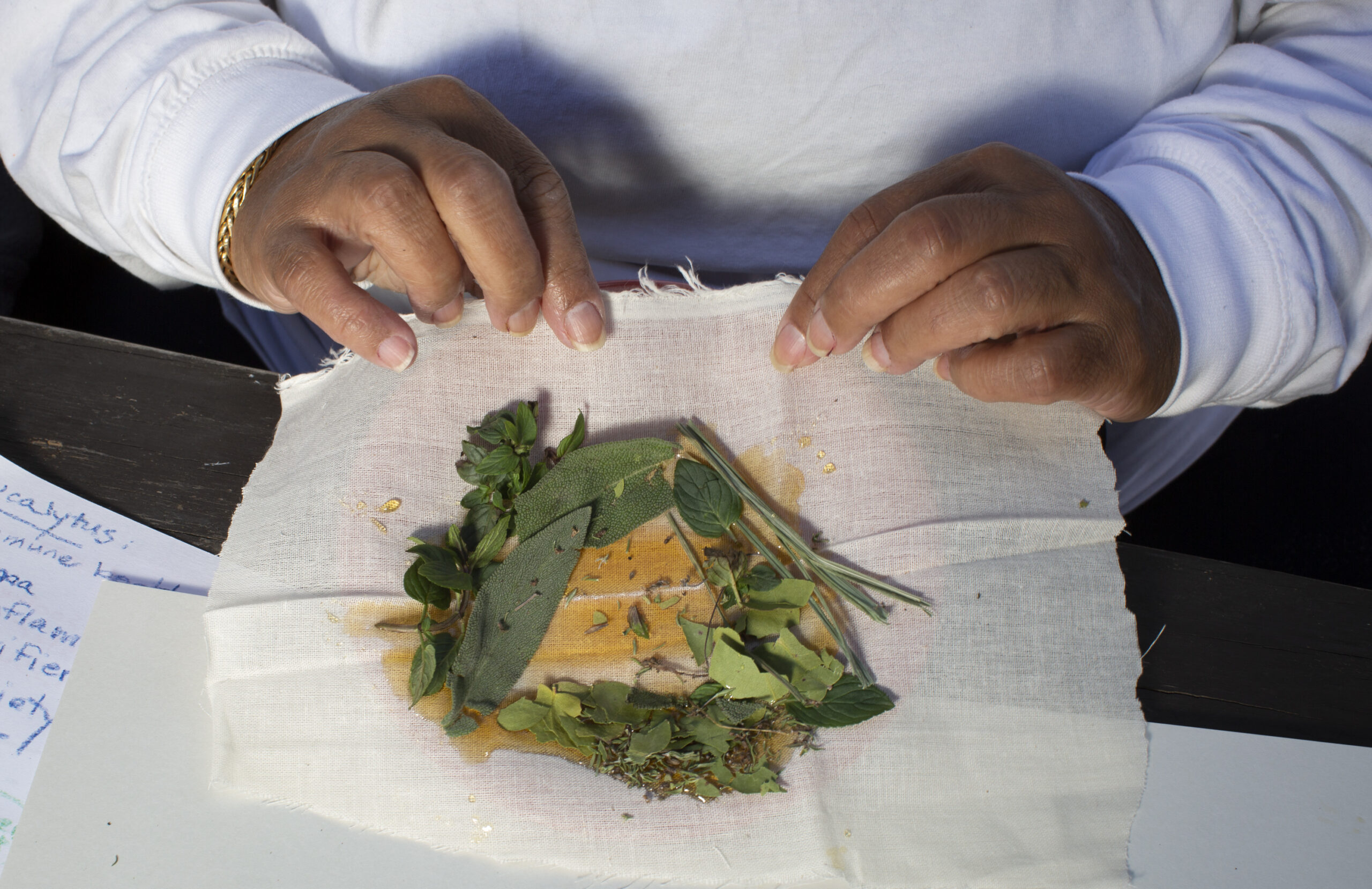Archives in Common is part of The Seminar on Public Engagement and Collaborative Research, an initiative of The Center for the Humanities, The Graduate Center, CUNY, funded by the Andrew W. Mellon Foundation.
Archives in Common brings together community organizers, members of immigrant communities, and members of the university community to 1) assist in the support and expansion of undocu-immigrant-led initiatives (cooperatives, workshops, and gardens) devised in the context of the COVID-19 pandemic and 2) think collectively about how to build an archive in common that registers and serves as a memory of the practices conceived during the crisis. The archive’s form, structure, and contents is emerging out of the collaborative process of thinking, working, creating, and sustaining life together.
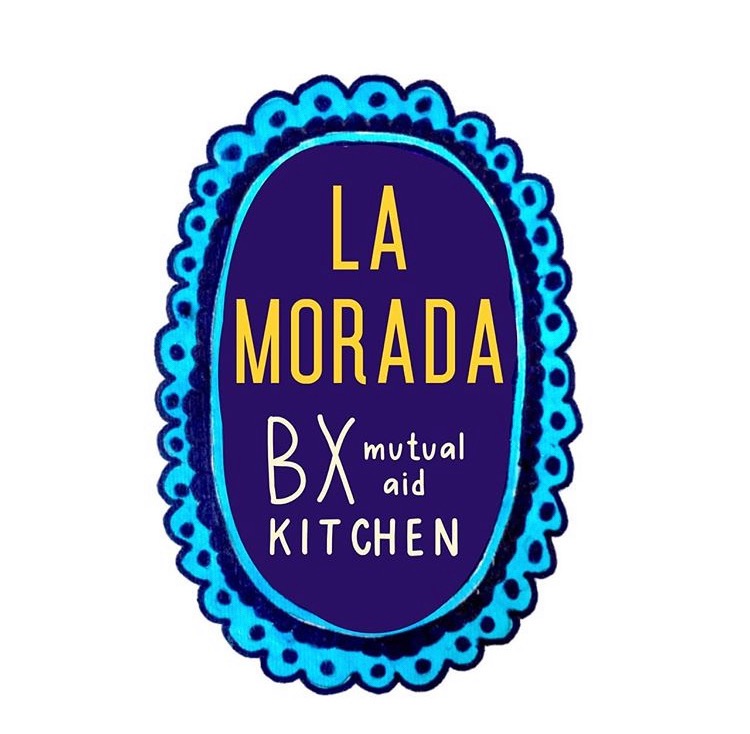
La Morada Restaurant
La Morada is a South Bronx family-owned and operated activist restaurant specializing in Oaxacan cuisine, with a lending library & a Poet in Residence, and is in solidarity with street vendors, restaurant workers, and undocumented essential workers.
Throughout the coronavirus pandemic, La Morada has been serving a minimum of 5,000 meals weekly. With the help of volunteers and friends, they have been delivering fresh hot meals throughout the entirety of the quarantine in New York City. Donations to their GoFundMe helps them to continue with this important work.
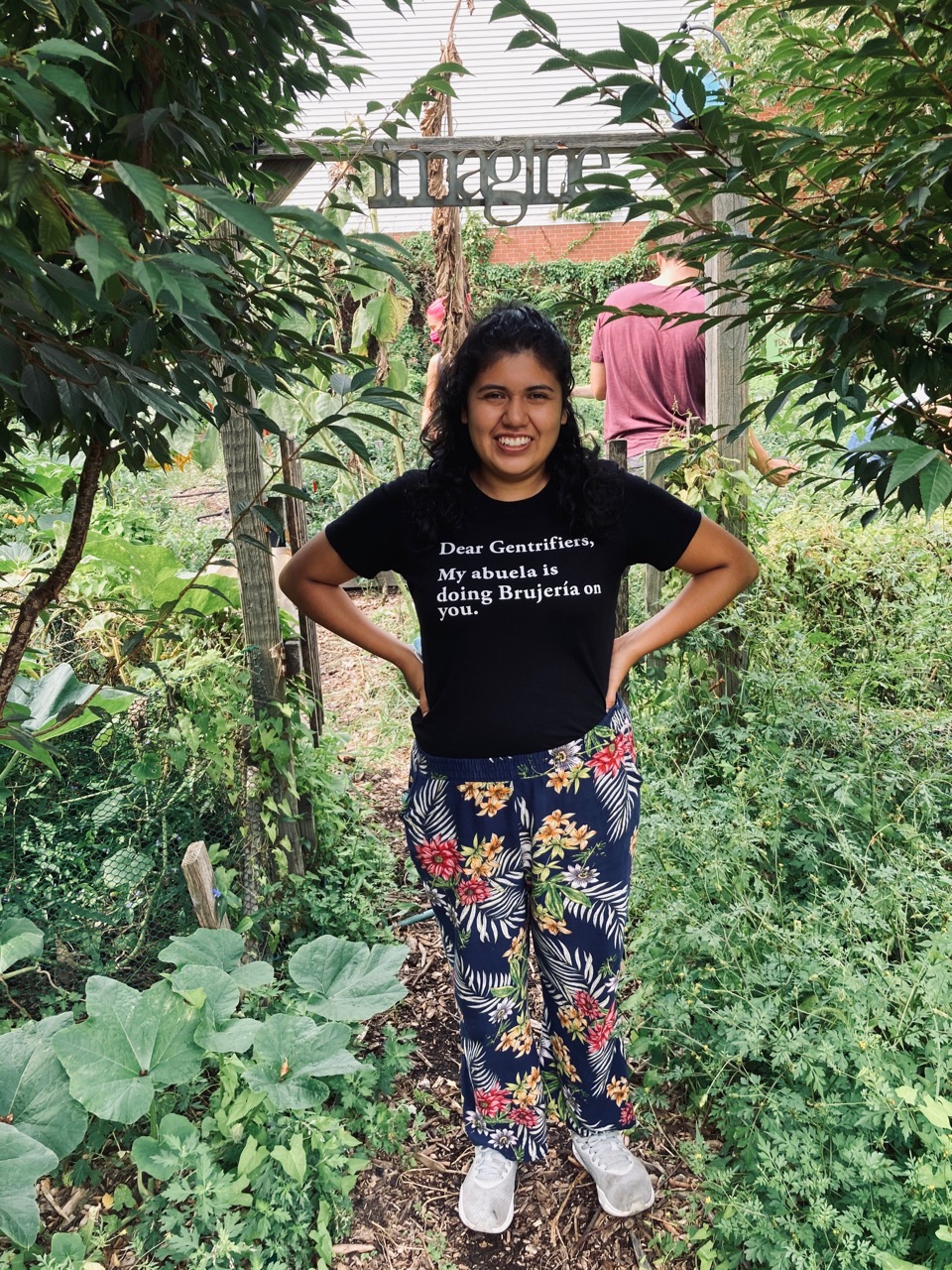
Carolina Saavedra
Carolina Saavedra is an educator at Stone Barns Center, a nonprofit organization working to bring about a healthy and sustainable food system. She is also the sous chef at La Morada restaurant, where the Saavedra family fights to ensure equality and social justice and to preserve their indigenous roots within the community of the South Bronx. She once considered a career in medicine but left her pre-med studies to pursue her calling and passion for feeding people and preserving food traditions. She moved to San Miguel Ahuehuetitlan, municipality of Oaxaca, Mexico to immerse herself in her indigenous roots and learn her ancestors’ recipes. Upon her arrival back in the U.S., Carolina continued to build her culinary career, competing on Food Network’s Chopped, graduating from the International Culinary Center with honors, and securing a competitive culinary internship at Martha and Marley Spoon. Chef Carolina has represented the U.S. at multiple gastronomy events in Mexico, and she is a sought-after chef who has taught at leading cultural institutions including The Bronx Museum, The Brooklyn Museum, and The Metropolitan Museum of Art.
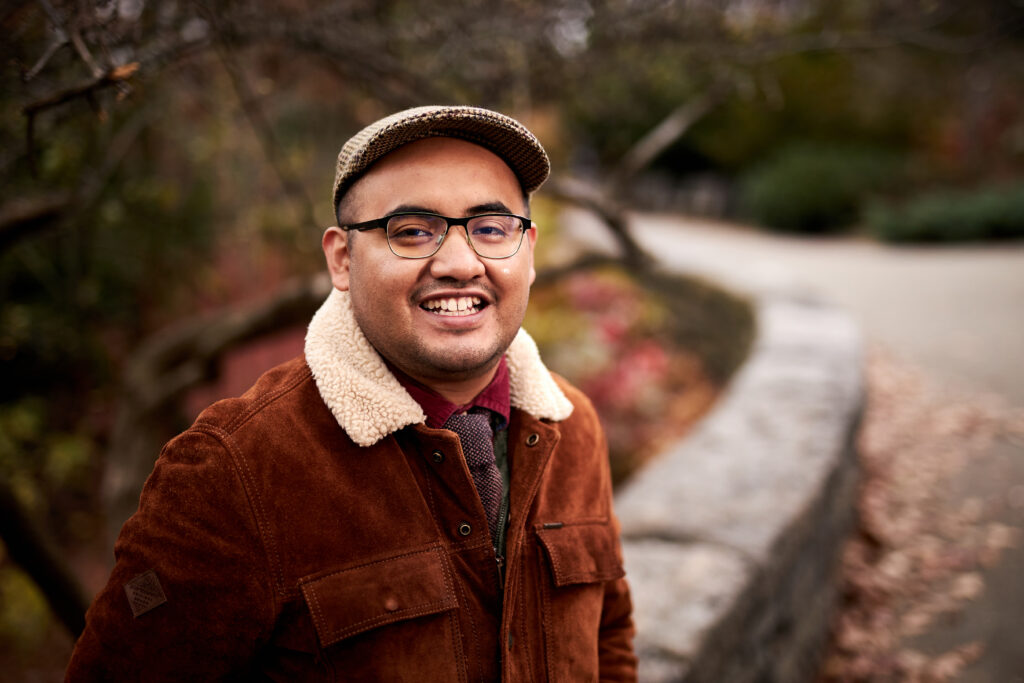
Marco Saavedra
Marco Saavedra, a poet and a painter, has lived as an undocumented immigrant for 27 years and is currently seeking political asylum stemming from his immigrant justice work. He works at his family’s Oaxacan restaurant in the South Bronx, La Morada, & enjoys painting and exploring the Hudson Valley with his baby niece. He is co-author of Shadows Then Light and Eclipse of Dreams (2020). His activism is featured in the award-winning film The Infiltrators (2019).
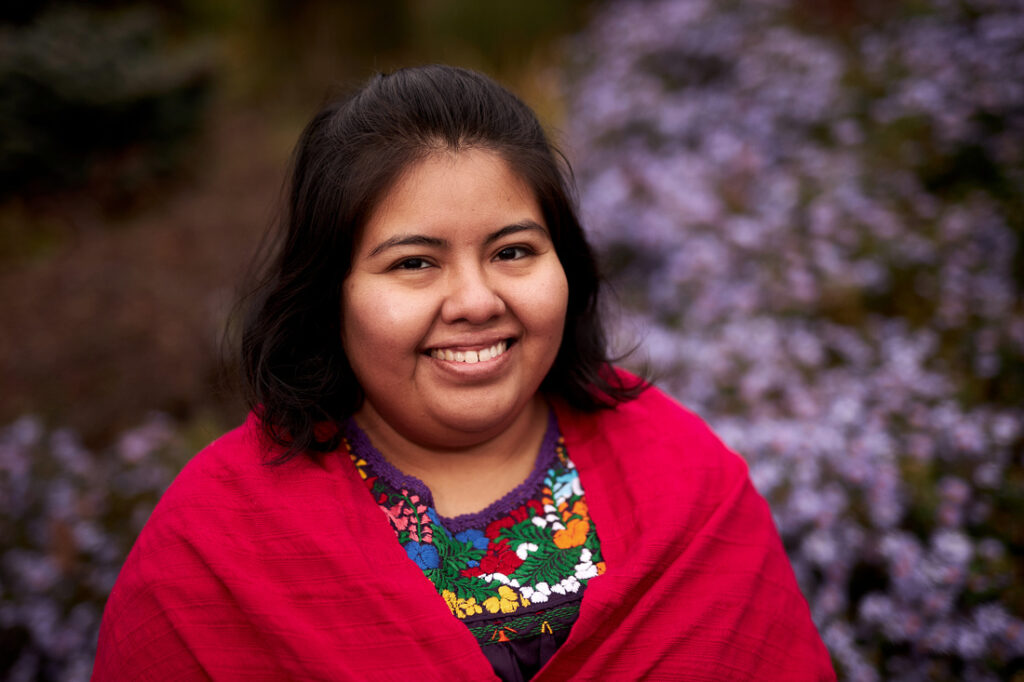
Yajaira Saavedra
Yajaira Saavedra is an indigenous activist and organizer fighting for the rights of undocumented immigrants and marginalized communities in the United States. Originally from San Miguel Ahuehuetitlán, Oaxaca, Mexico, Yajaira has been living in the United States with her family for more than 20 years. As a DACA recipient, she has been involved in the undocumented youth movement along with her brother, Marco, focusing on the need for comprehensive migration policy changes and prison abolition. Together with her family, she runs La Morada restaurant in The Bronx. More than a restaurant, La Morada is a space of resistance, a sanctuary, a space of accompaniment and mutual aid. During the pandemic, Yajaira led the efforts to make this one of the first sites to respond to food scarcity in New York City. The Saavedra family turned the restaurant into a soup kitchen and they have been cooking and delivering food nonstop throughout the pandemic with an average of 1000 meals per week. Through all her tireless work, Yajaira underscores the ways in which migration is itself a form of resistance, and centers the maintenance of cultural traditions and language as a form of activism.
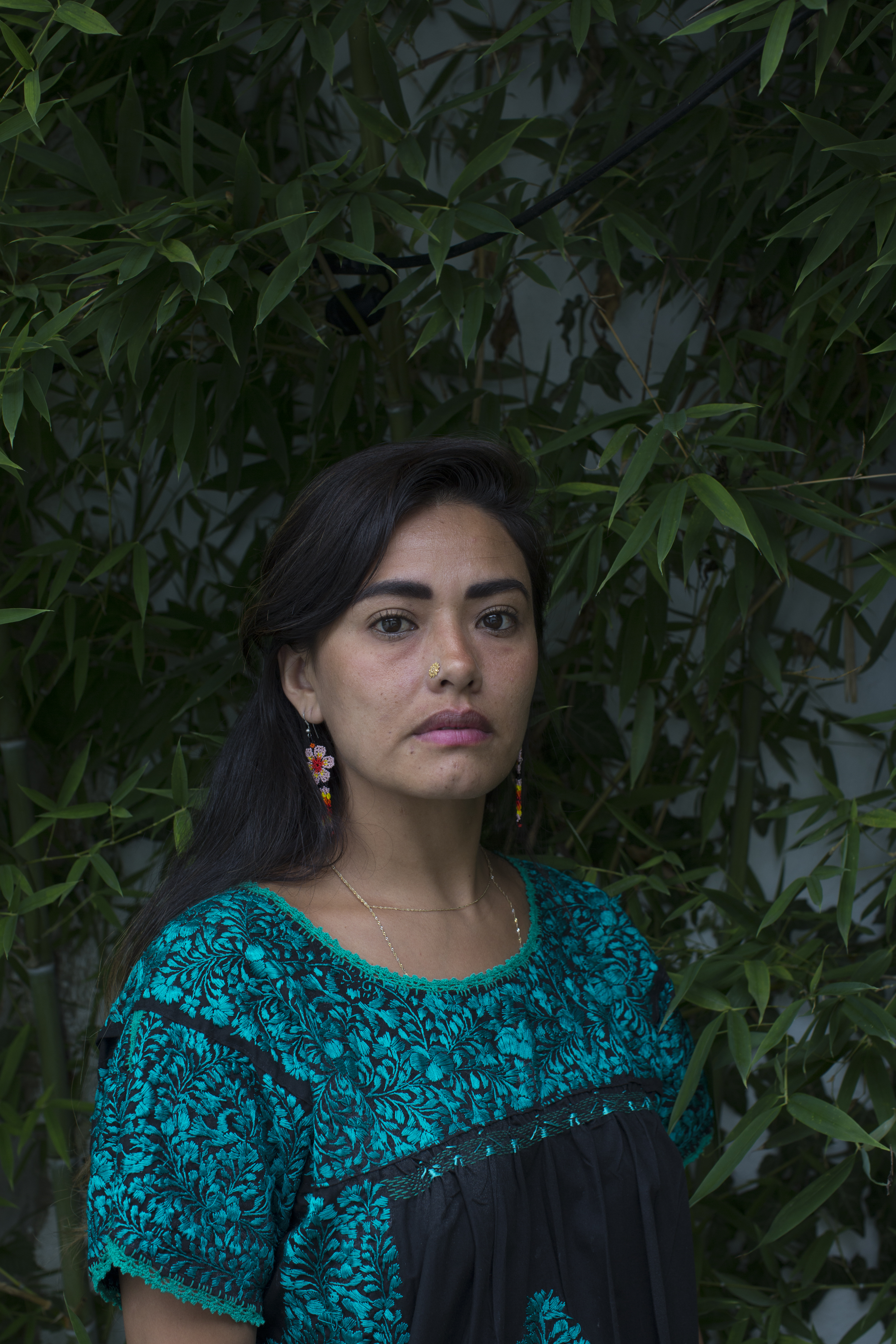
Cinthya Santos-Briones
Cinthya Santos Briones is a Mexican photographer, anthropologist, ethnohistorian and community organizer based in New York. Her multimedia work uses a collaborative approach to tell stories about homeland, immigration, memory, (indigenous) identity, and self-representation through an interdisciplinary process that uses photography, ethnography, (archives) history, drawings and audiovisual and written narratives. For ten years Cinthya worked as a researcher at the National Institute of Anthropology and History focused on issues on indigenous migration, codex, textiles and traditional medicine. She is the recipient of fellowships and grants from the Magnum Foundation (2016/2018), En Foco (2017), National Geographic Research and Exploration (2018), We Woman (2019) and the National Fund for Culture and the Arts of México (2009/2011). Her work has been published in The New York Times, Pdn, La Jornada, California Sunday Magazine, Vogue, Open Society Foundations, Buzzfeed, The Intercept and The Nation Magazine, among others. Cinthya is co-author of the book The Indigenous Worldview and its Representations in Textiles of the Nahua community of Santa Ana Tzacuala, Hidalgo; and of the documentary The Huichapan Codex. Cinthya has worked in pro-immigrant organizations in New York as a community organizer and is currently Adjunct Faculty at the Craig Newmark Graduate School of Journalism at CUNY.
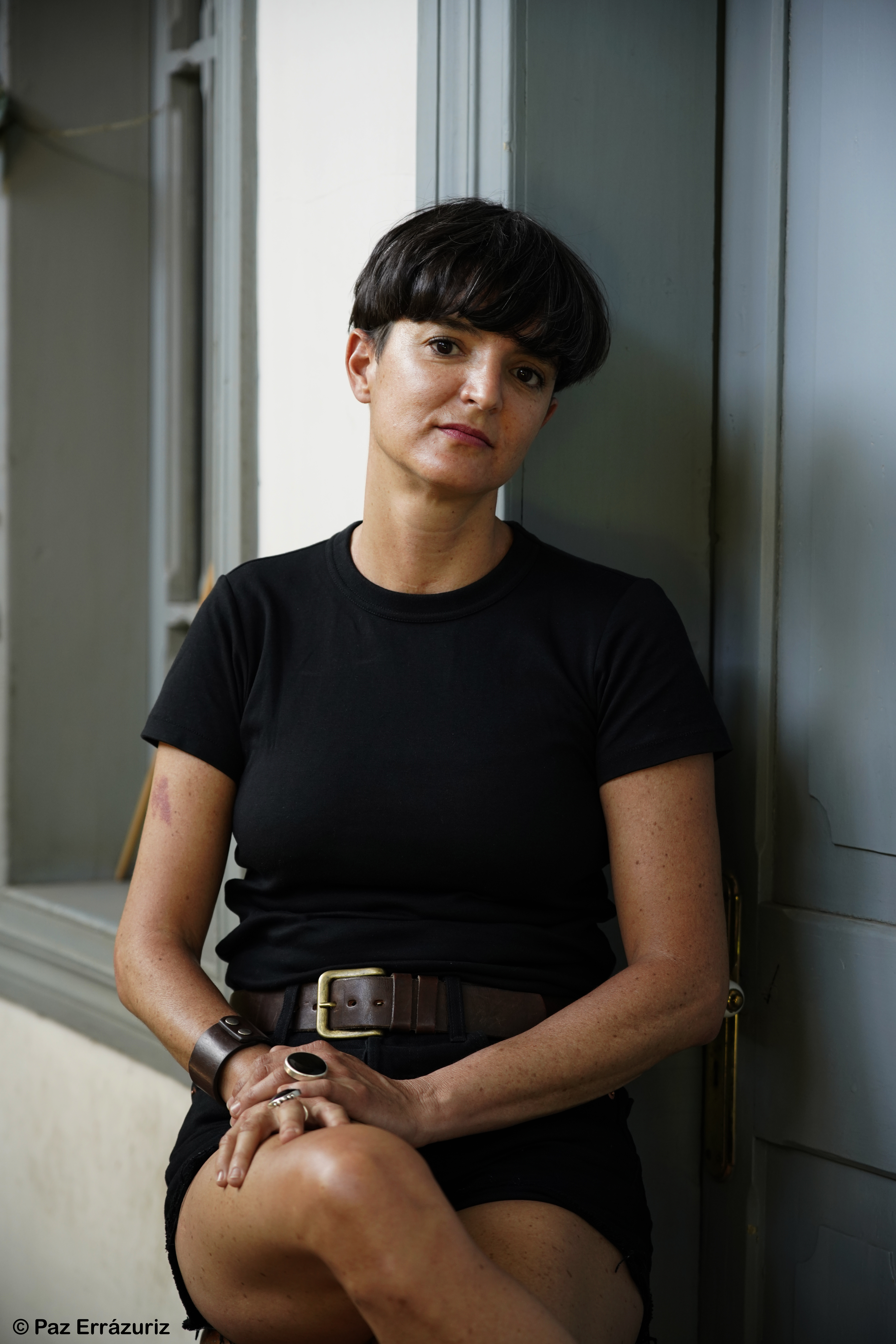
Ángeles Donoso Macaya
Ángeles Donoso Macaya is an immigrant educator, researcher and community organizer from Santiago, Chile, based in New York City. She is Associate Professor of Spanish at The Borough of Manhattan Community College, CUNY; she teaches courses on Spanish language and on Latin American & Caribbean literature, film, and visual culture, and has published extensively about contemporary Latin American photography, visual arts, documentary film and contemporary literature.
Ángeles’ current research centers on Latin American photography theory and history, counter-archival production, human rights activism, and feminisms. She is the author of The Insubordination of Photography: Documentary Practices under Chile’s Dictatorship (University of Florida Press 2020), awarded Best Book in Latin American Visual Culture Studies and translated as La insubordinación de la fotografía (Metales Pesados 2021), and co-editor of Latina/os of the East Coast: A Critical Reader (Peter Lang 2015). Ángeles has been involved with the sanctuary movement in NYC since 2017; she accompanies neighbors to immigration court hearings, ICE check-ins, and asylum interviews, helps refugees to fill out asylum applications and other immigration documents, and facilitates Know Your Rights trainings.
Ángeles is member of the feminist abolitionist collective Ni Muertas Ni Presas, based in NYC, and also of colectiva somoslacélula, which creates video-essays about pressing political issues, incorporating archival research and the experiences of activism. Their video-essay “Tactics of Solidarity in the Era of Mass Deportation” is featured on Ecologies of Migrant Care.
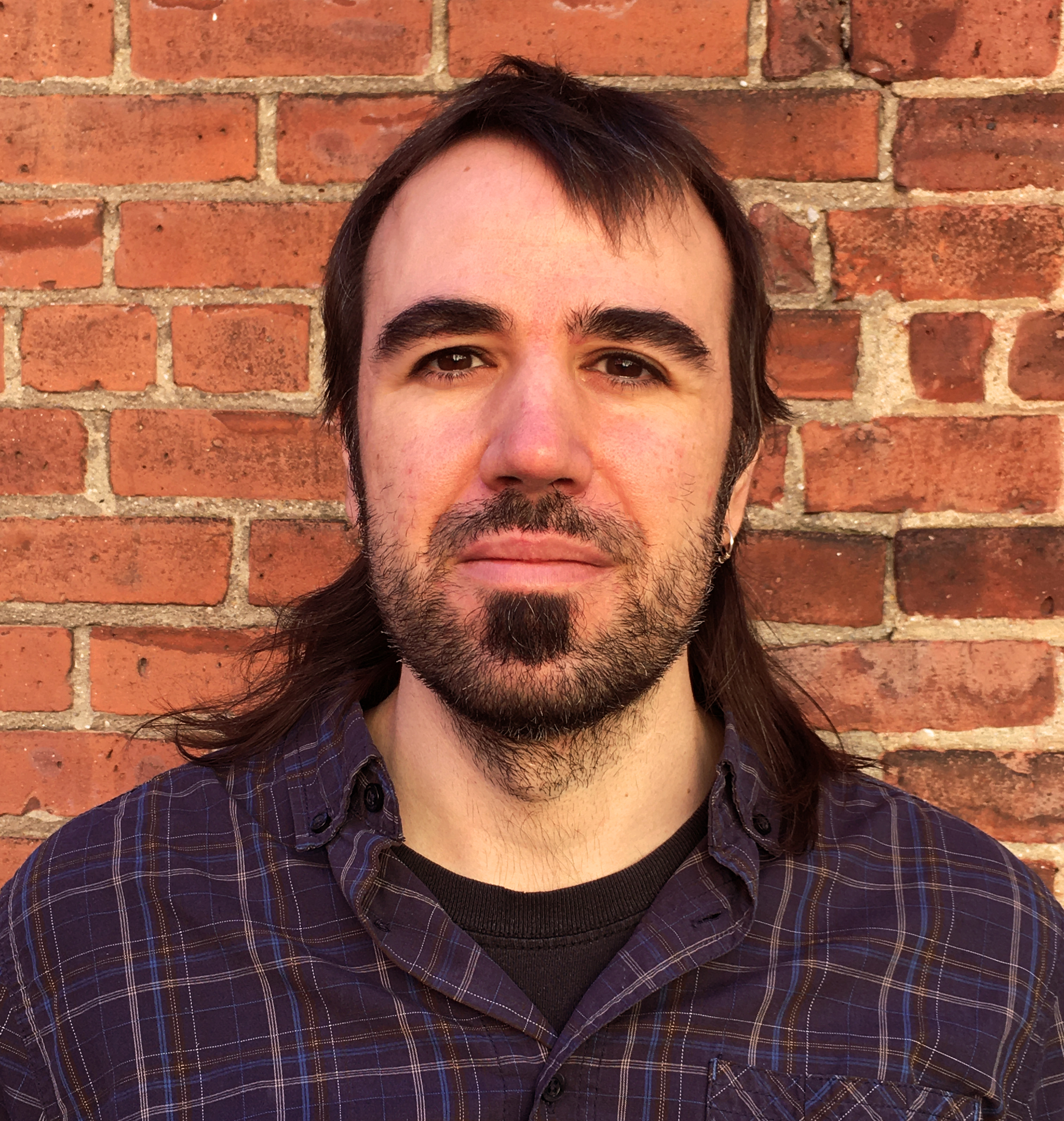
Pedro Cabello del Moral
Pedro Cabello del Moral is a doctoral student in the Latin American, Iberian, and Latino Cultures department at CUNY. He researches recent Spanish and Latin American film and media artifacts that collectively weave a decolonial patchwork. He combines his academic work with his filmmaking practice, continuously searching for new ways to transform cinematic conventions and to rethink the hierarchical structures that typically define film workspaces. Among his nonfiction works there are documentaries on the post-memory of Spanish dictatorship, migrant youth within the education system in Spain, and art practices in the NYC migrant justice movement.
As a transnational activist, Pedro participates in social justice movements in Madrid and NYC, all of which place accompaniment practices at the center of their politics. In this respect, he has contributed his filmmaking and researching skills to anti-eviction and anti-deportation campaigns, which reclaim people’s rights both to the city and to universal freedom of movement.
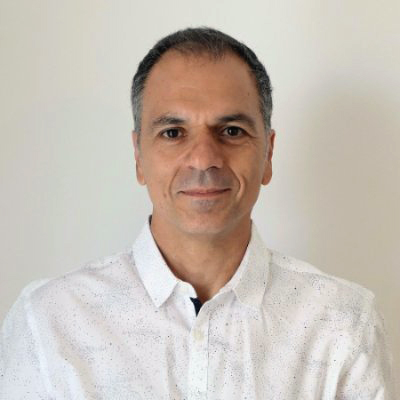
Leo Alexandropoulos
Leo has worked for many years in software development / management in the U.S. and Europe. Over the years he has collaborated in and co-managed artist-run spaces in Athens and New York.
He is particularly proud about being involved with La Morada, Archives In Common and contribute in some way to the web presence of this project.
In recent years he is interested in the areas of NLP / AI / Python, but is also concerned about surveillance, data fairness and the not so positive impact of technology in our lives.
